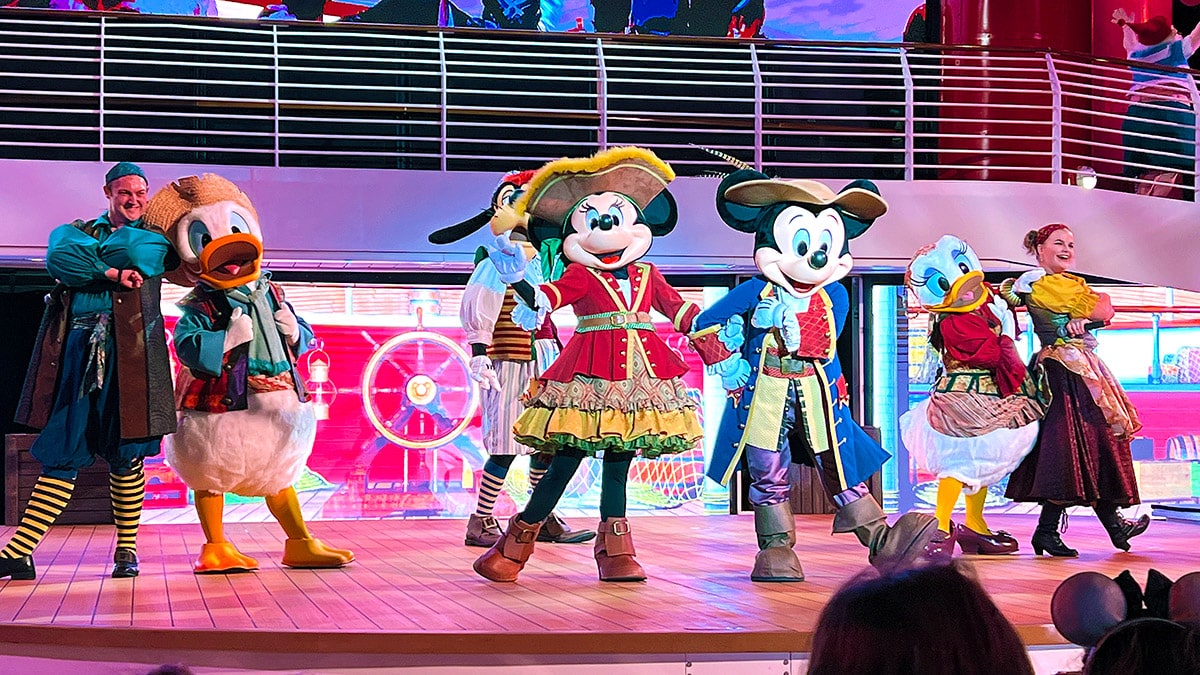Absolutely, entertainment shows, particularly television programs, have been an integral part of our lives for decades. While they are primarily designed for entertainment, they often offer a surprising amount of educational value. Whether it’s through documentaries, historical dramas, science fiction, or even reality TV, these atlaspro shows possess the potential to educate and enlighten audiences of all ages.
The Power of Edutainment
**1. ** Documentaries and Educational Series
Documentaries stand as a prime example of TV programming that marries entertainment with education seamlessly. From David Attenborough’s wildlife documentaries to historical exposés and scientific explorations, these shows immerse viewers in engaging narratives while providing a wealth of knowledge. Shows like “Cosmos: A Spacetime Odyssey” hosted by Neil deGrasse Tyson or “Planet Earth” are vivid illustrations of how television can be a powerful educational tool.
**2. ** Historical Dramas and Biopics
Period dramas and biographical shows offer a window into history and real-life stories. Series like “The Crown” or “Chernobyl” not only entertain but also educate viewers about significant events, historical figures, and societal contexts. They often spark curiosity, leading people to delve deeper into these subjects outside the realm of television.
**3. ** Science and Technology
TV programs frequently dive into scientific concepts, making complex ideas accessible. From Bill Nye’s science-based shows to series like “The Big Bang Theory” that simplify physics, these programs make science engaging and approachable for wider audiences.
**4. ** Cultural and Social Awareness
Reality shows, when well-crafted, can shed light on different cultures, social dynamics, and personal experiences. Programs like “Queer Eye” or “Parts Unknown with Anthony Bourdain” not only entertain but also foster understanding and empathy for diverse perspectives and lifestyles.
Educational Benefits
**1. ** Informal Learning
TV shows offer informal learning opportunities. Viewers absorb information about different cultures, scientific discoveries, historical events, and societal issues while being entertained. This learning often happens without the explicit intent to educate, making it more engaging and memorable.
**2. ** Visual and Emotional Impact
Visual storytelling on TV captures attention and emotions, aiding in knowledge retention. Dramatizations, re-enactments, and visual effects help illustrate concepts, making it easier to understand and remember information.
**3. ** Spark for Further Learning
Engaging TV programs can act as a catalyst for deeper exploration. They encourage viewers to seek additional information, books, or online resources to satisfy their curiosity piqued by what they’ve seen on-screen.
Challenges and Considerations
However, it’s essential to acknowledge potential pitfalls. Not all entertainment shows prioritize accuracy or depth in their educational content. Some may oversimplify complex issues or present biased perspectives, leading to misconceptions.
Television, despite its reputation as a mindless pastime, can serve as a rich educational resource. It possesses the unique ability to blend entertainment and education, reaching vast audiences worldwide. By leveraging the power of storytelling, visuals, and compelling narratives, TV shows continue to inspire, inform, and educate in ways that traditional education sometimes struggles to achieve.
Ultimately, the educational value of entertainment shows on TV lies not just in what they teach explicitly, but also in the curiosity, critical thinking, and further exploration they stimulate in their audiences.

